In the world of sports, we often celebrate the physical prowess of athletes – their speed, strength, agility, and skill. Yet, beneath the visible displays of athleticism lies an equally, if not more, critical component: the mental game. The ability to perform under immense pressure, overcome setbacks, maintain focus, and manage emotions can often be the deciding factor between victory and defeat. This is where sports psychology steps in, transforming potential into tangible success.
Today, July 24, 2025, more than ever, athletes across all disciplines recognize that cultivating a robust mindset is just as vital as perfecting their physical technique.
Beyond Physical Talent: The Mind's Edge
It's a common adage that sports are "90% mental." While the exact percentage is debatable, the sentiment holds true. Even the most physically gifted athletes can falter if their mental state is compromised by fear, self-doubt, or performance anxiety. Conversely, athletes with unwavering focus, supreme confidence, and emotional control can often transcend their physical limitations. The mind is a powerful tool, capable of both unlocking and inhibiting peak performance. Mastering it allows athletes to maintain consistency, execute under pressure, and recover quickly from mistakes.
Key Pillars of Sports Psychology
Sports psychology focuses on a range of techniques and strategies designed to optimize an athlete's mental state:
-
Confidence Building: Fostering unwavering self-belief, even in the face of challenges. Confident athletes are more likely to take risks and perform decisively.
-
Focus and Concentration: Training the mind to block out distractions, maintain attention on the task at hand, and avoid mental lapses during critical moments.
-
Emotional Regulation: Developing strategies to manage pre-performance anxiety, control frustration during setbacks, and channel competitive aggression effectively.
-
Visualization and Imagery: Mentally rehearsing successful performances, visualizing desired outcomes, and practicing skills in the mind to enhance real-world execution.
-
Goal Setting: Establishing clear, challenging, and achievable goals that provide direction, motivation, and a framework for progress.
How Athletes Train Their Minds
Just like physical training, mental training is a consistent and deliberate practice. Athletes work with sports psychology experts to implement various techniques:
-
Mindfulness and Meditation: Practices that enhance self-awareness, improve focus, and promote a calm, centered state of mind.
-
Positive Self-Talk: Cultivating an internal dialogue that is encouraging and constructive, replacing negative thoughts with empowering affirmations.
-
Pre-Performance Routines: Developing consistent rituals before competition to manage arousal levels and promote sports focus.
-
Cognitive Restructuring: Learning to identify and challenge unhelpful thought patterns that can hinder performance.
-
Resilience Training: Building the capacity to bounce back from failure, learn from mistakes, and maintain motivation despite adversity.
The Impact on Performance and Well-being
A strong mental game directly translates into enhanced on-field performance. Athletes with robust mental skills are more likely to:
-
Perform consistently at a high level.
-
Handle high-pressure situations with composure.
-
Make better decisions under stress.
-
Recover quickly from errors or poor performances.
-
Enjoy their sport more and avoid burnout.
Beyond competitive success, the principles of sports psychology also contribute to an athlete's overall well-being, fostering resilience, self-awareness, and mental health that extends beyond their sporting career.
Bringing the Mental Game to Your Everyday Life
The lessons from sports psychology aren't exclusive to elite athletes. Concepts like setting clear goals, managing stress, building confidence, and maintaining focus are incredibly valuable in everyday life, whether in academic pursuits, professional careers, or personal challenges. Embracing these mental skills can empower anyone to achieve their potential and navigate life's pressures more effectively.
Conclusion: The Unseen Force of Athletic Excellence
The mental game is the unseen force that often distinguishes good athletes from great ones. Sports psychology provides the tools and techniques to cultivate this crucial aspect of performance, ensuring that physical talent is fully realized. As sports continue to evolve, the recognition of mental strength as a fundamental pillar of success will only grow, inspiring more athletes to harness the incredible power of their minds to achieve peak performance.
Inspired to boost your mental and physical game? Instasport offers a wide range of athletic gear and performance-enhancing equipment that supports your journey towards peak performance. Explore our collection and equip yourself for success on and off the field!








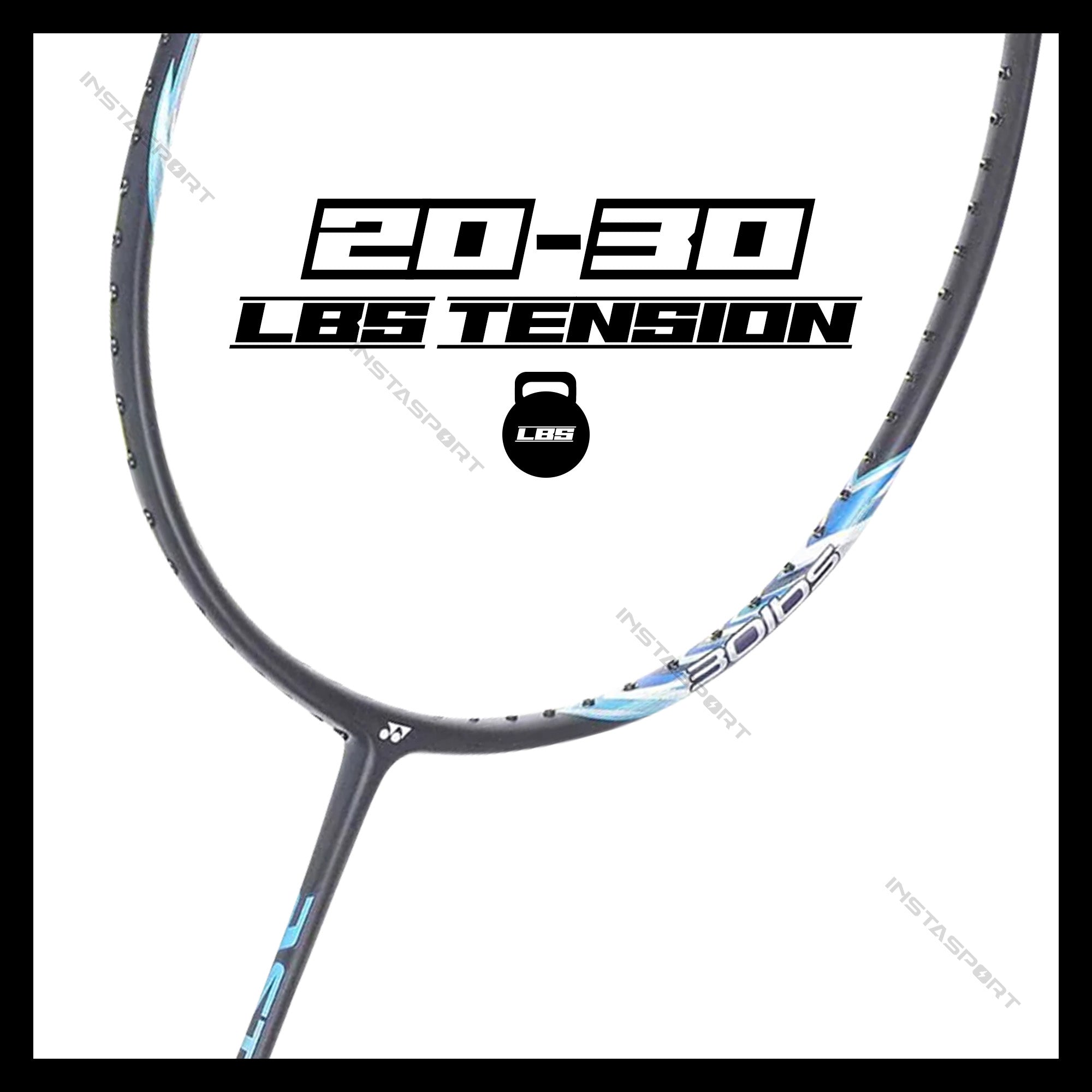




















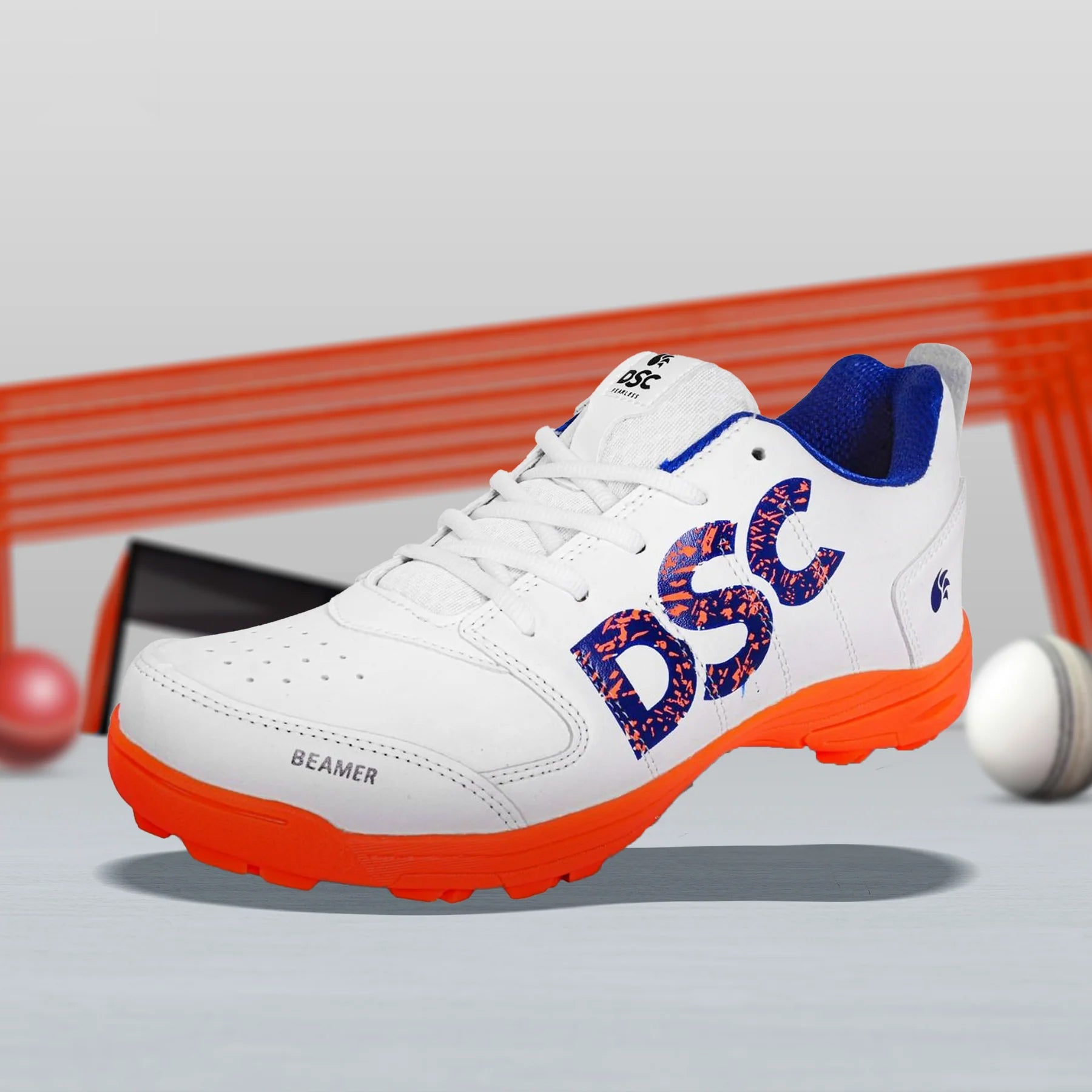
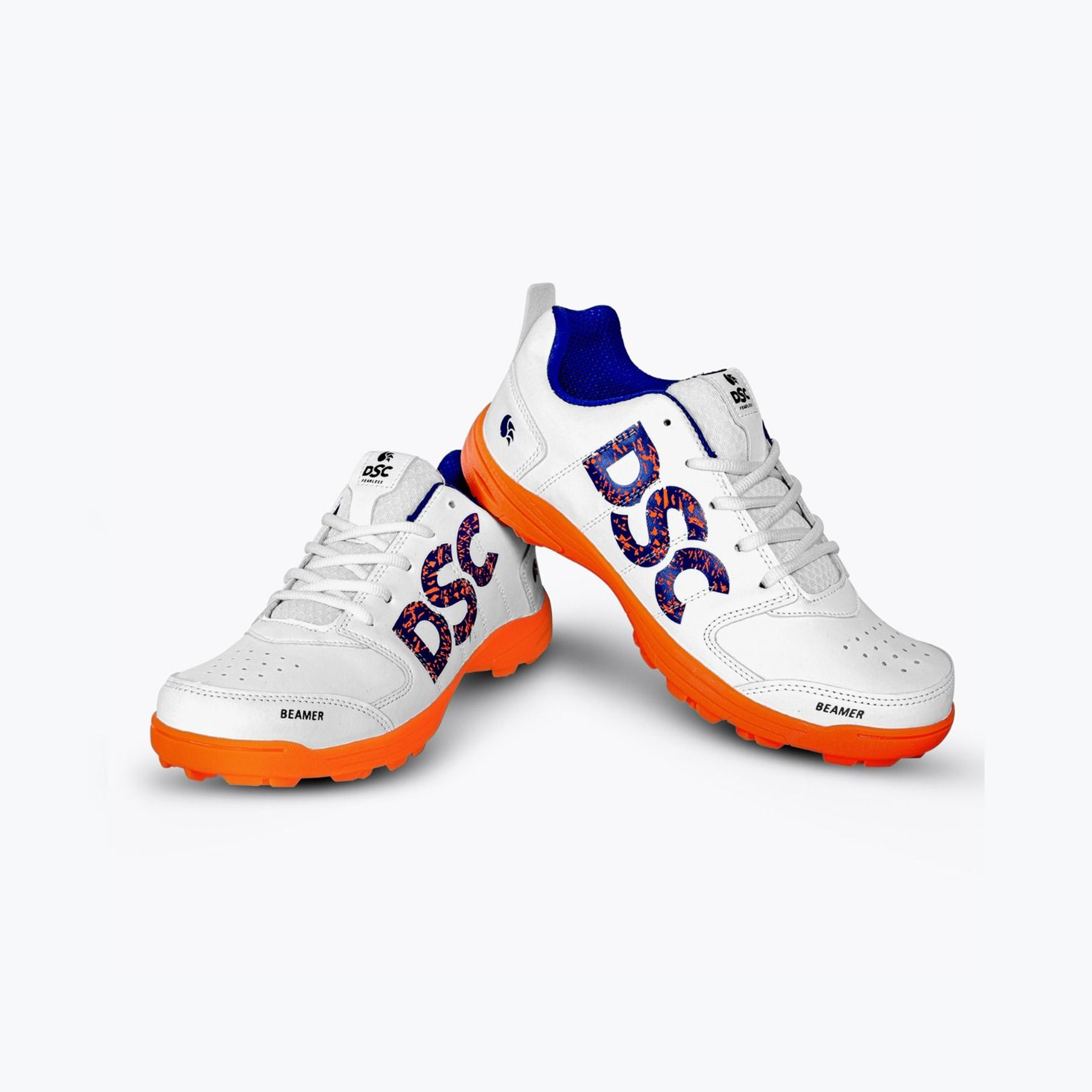
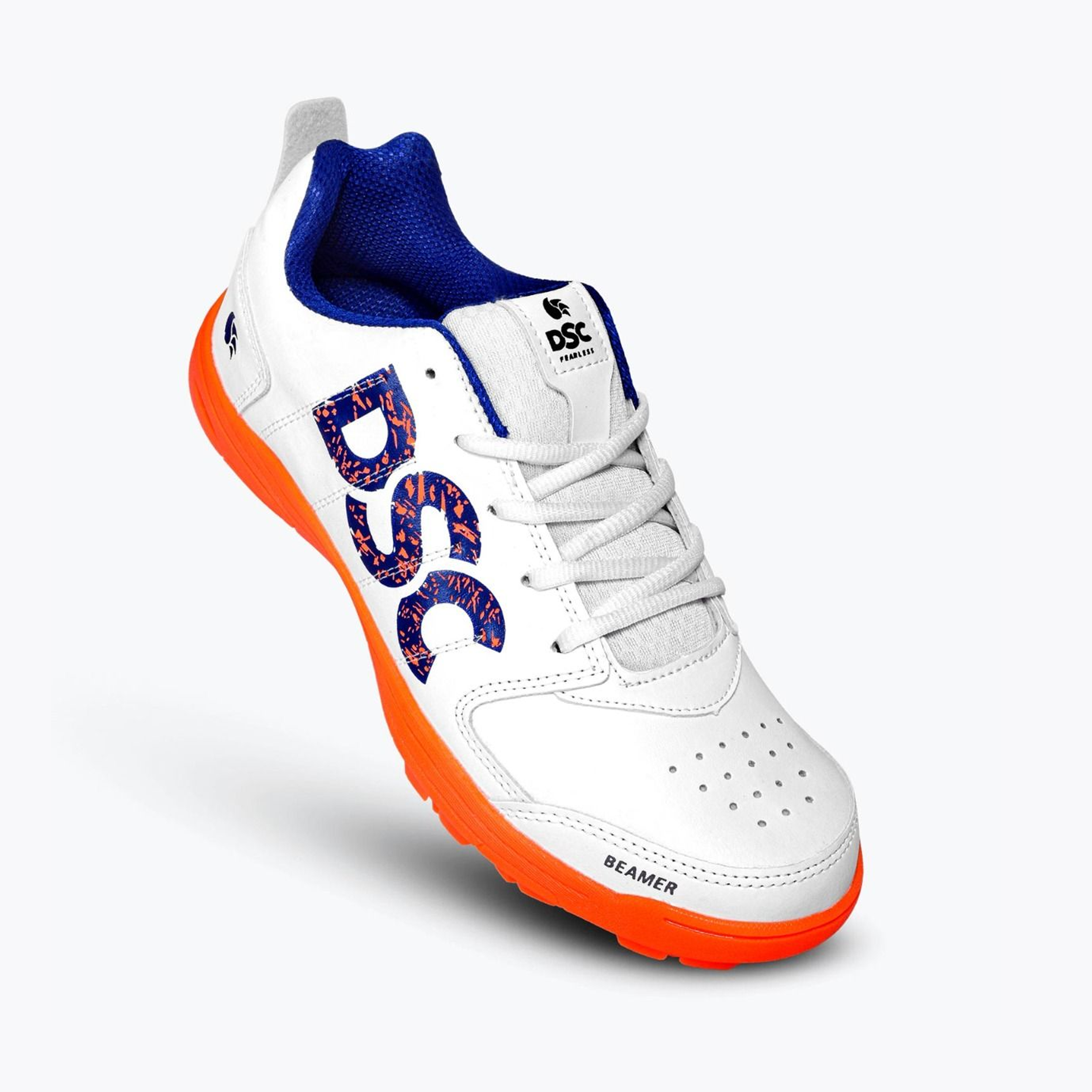

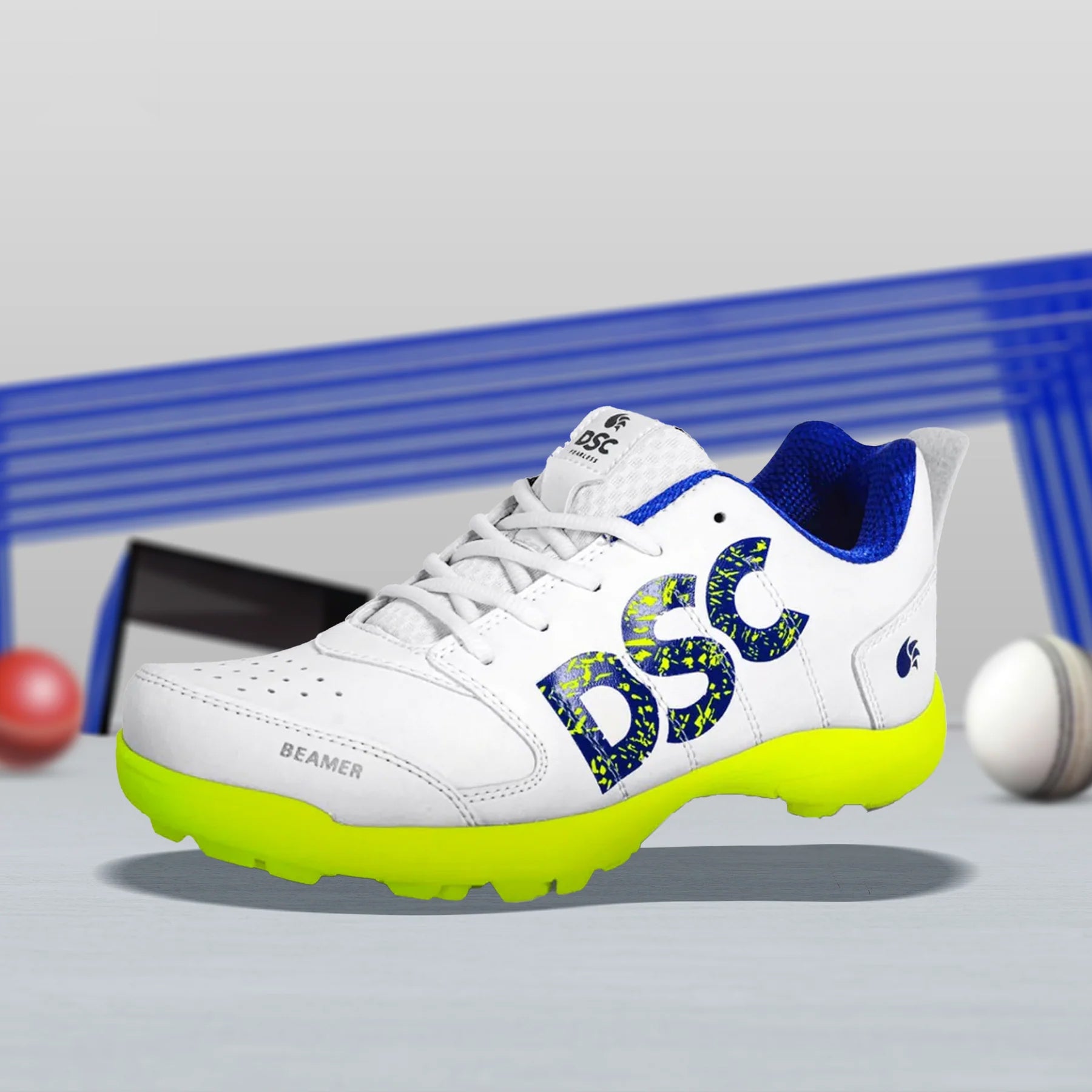

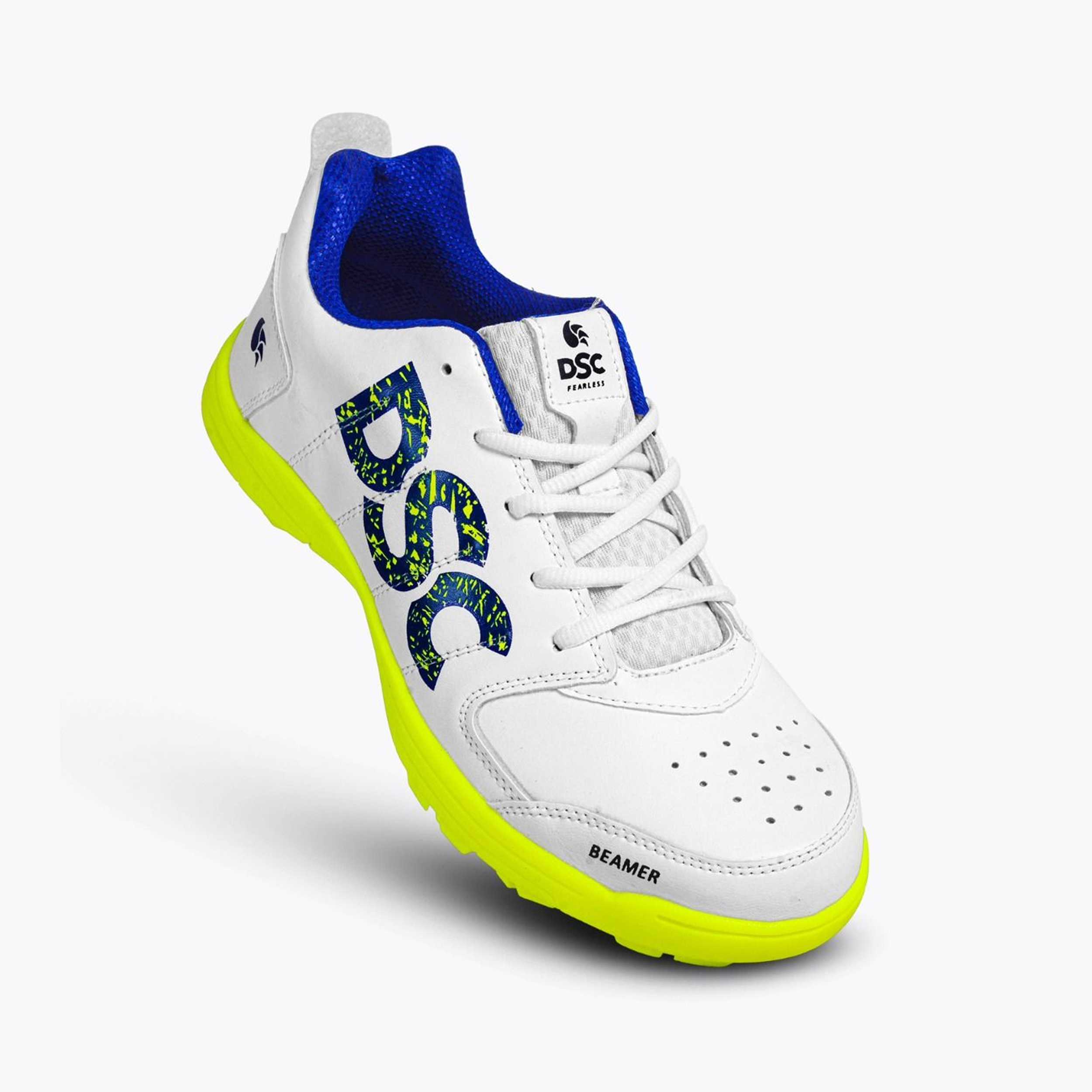





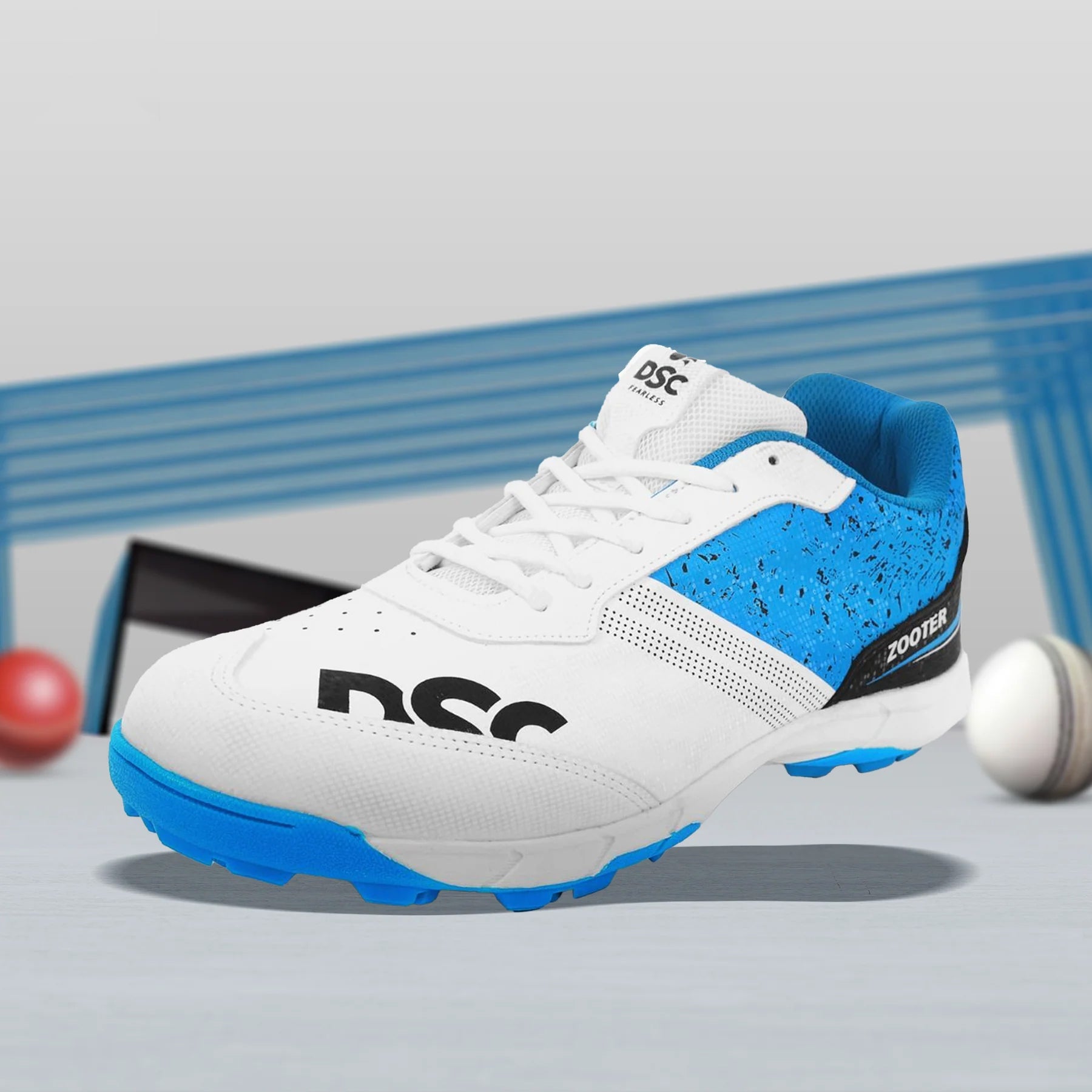


































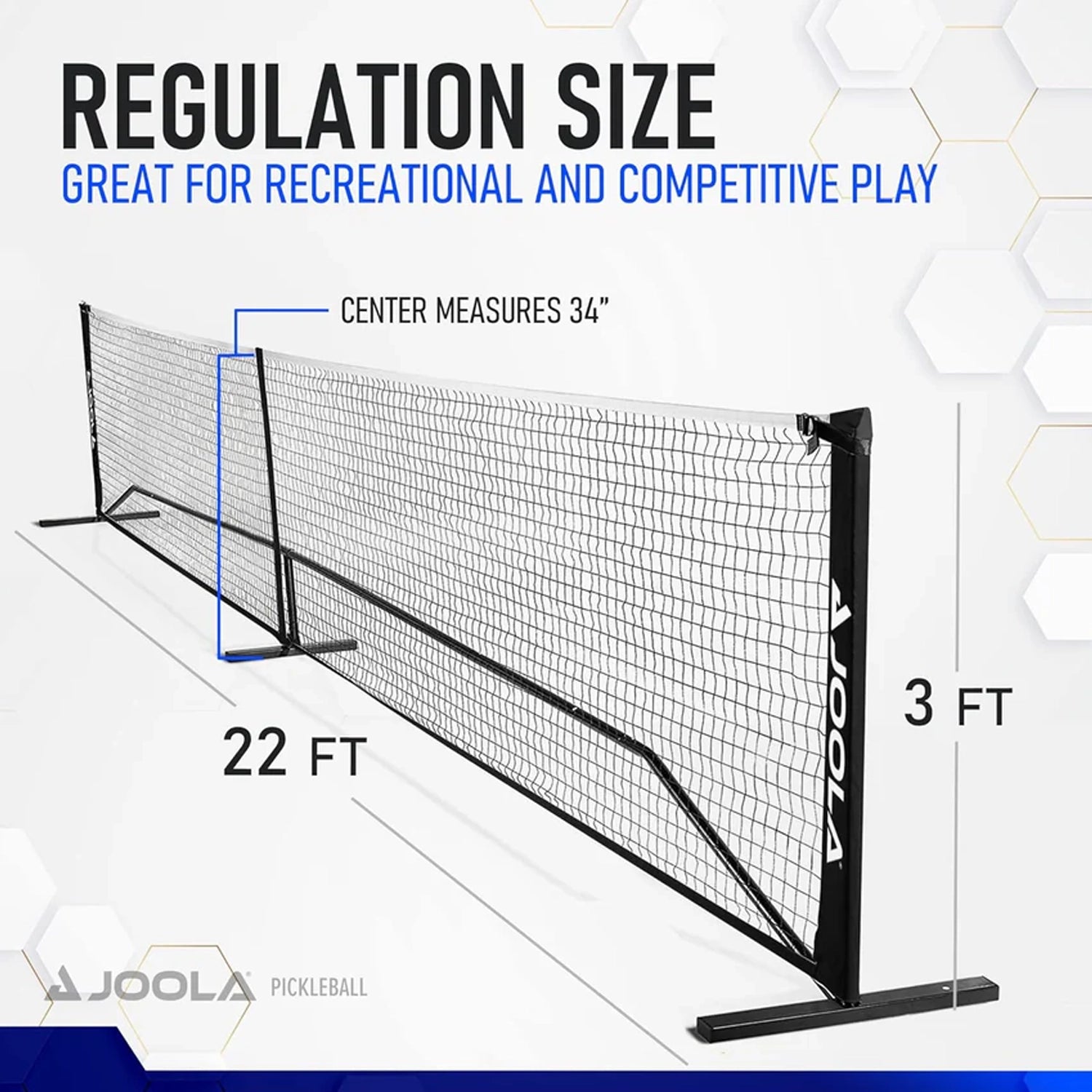





























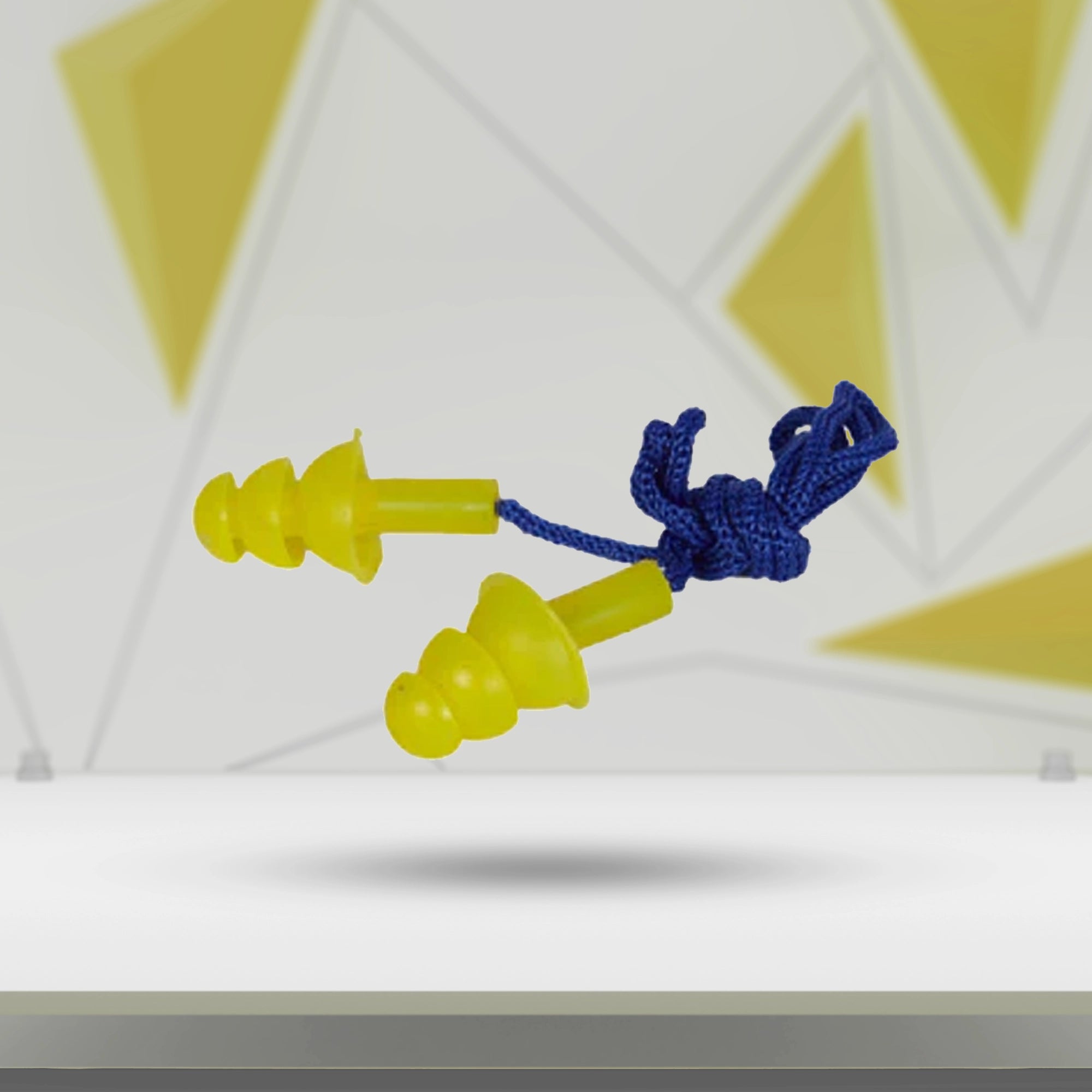


























Share:
Morning Workouts: Kickstart Your Day with Energy & Health
Hulk Hogan: Celebrating the Immortal Icon of Professional Wrestling